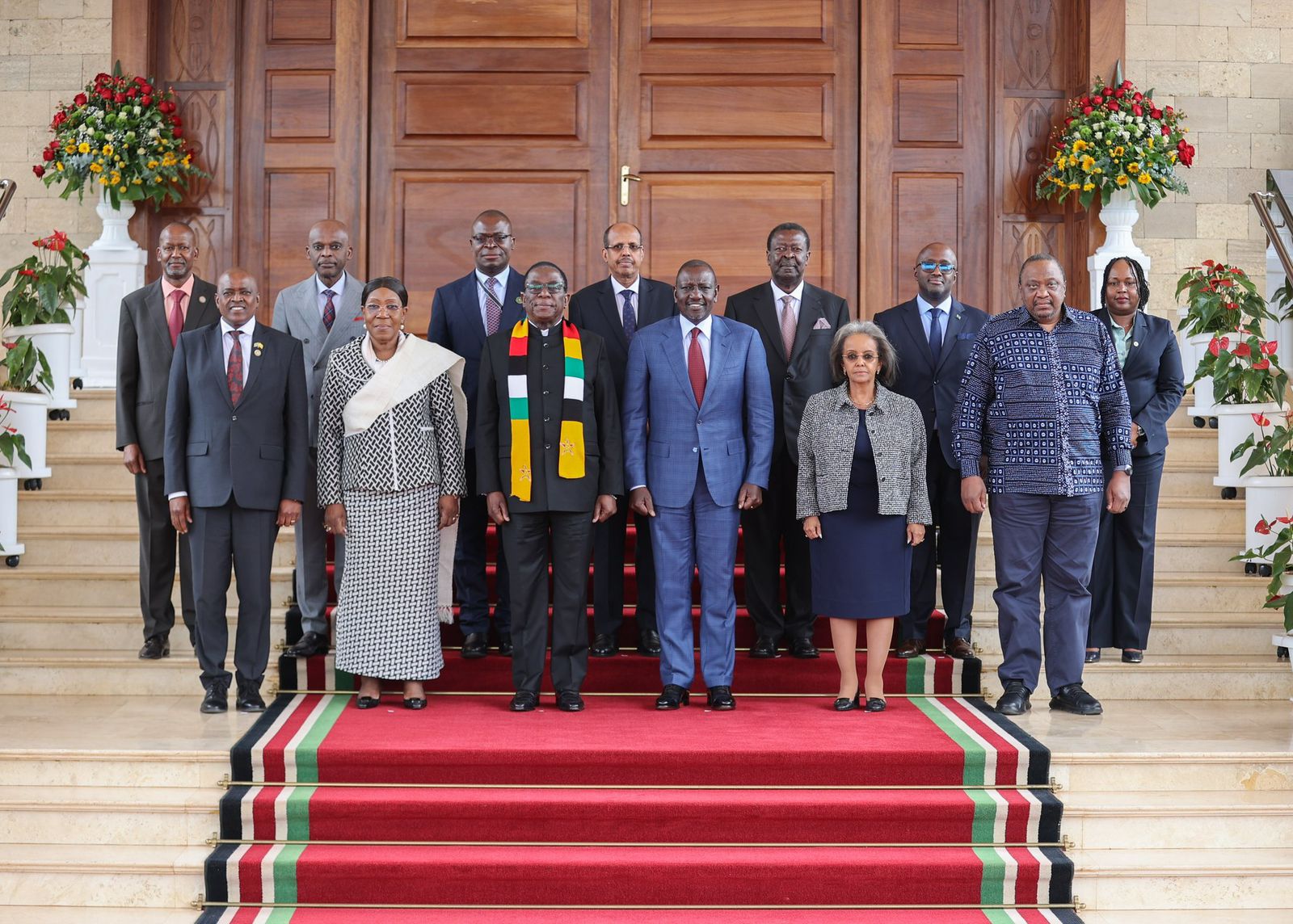Unveiling the true meaning of Valentine's Day from an African perspective

Although the commercial aspect of the occasion may dominate festivities, Valentine's Day's past serves as a sombre reminder of the eternal power of love and sacrifice.
With February 14 upon us, many people throughout the world are celebrating Valentine's Day.
However, in the excitement of gifts and romantic gestures, the true significance of this day is frequently overlooked.
More To Read
- Valentine’s Day desserts you can make at home
- Kenyans brave tough economic times to show love on Valentine's Day
- Traders paint Nairobi CBD red amid Valentine's Day sales boom
- Dark Valentine: Women to hold memorial for femicide victims
- Mombasa women challenged to take 19km-walk and get goodies
- Flower farmers hopeful for Valentine's Day windfall despite tough times
Let us take a journey through the history of Valentine's Day, from an African perspective, revealing how misunderstandings have masked its originality.
Valentine's Day, which originated in Christian traditions in the third century AD, is well-known as a celebration of romantic love and affection. However, the narrative of St Valentine is one of bravery, sacrifice, and unwavering faith in the face of disaster.
Unfortunately, the emphasis on material symbols of love has blurred the day's true meaning.
Valentine's Day is traditionally observed in mid-February to commemorate Valentine's death or burial anniversary or celebrate 'Lupercalia', a fertility festival honouring Faunus, the Roman god of agriculture, and the Roman founders Romulus and Remus.
The Roman priests started their festivities by sacrificing goats and dogs to promote fertility and purity. Later, young women in Rome would place their names in a large container, and the city's bachelors would draw a name and be partnered for the year with their chosen woman. These pairings frequently resulted in marriages.
 Vendors sell Valentine's Day gifts on a street in Nairobi on February 12, 2024. (Photo: Manny Anyango)
Vendors sell Valentine's Day gifts on a street in Nairobi on February 12, 2024. (Photo: Manny Anyango)
Acts of bravery
According to mythology, during Emperor Claudius II's reign in Rome, love was regarded as a threat to military loyalty.
To strengthen his army, Emperor Claudius II banned marriage, believing that unmarried men were better off as soldiers. Despite the decision, Valentine, a Christian priest, continued to perform secret weddings for couples seeking holy matrimony.
Valentine's acts of bravery went beyond performing wedding ceremonies. He also provided shelter for persecuted Christians who were being chased down by Roman authorities. Despite the dangers, Valentine upheld his Christian faith and even attempted to convert then-Emperor Claudius II to Christianity. This move resulted in his arrest, torture, and, ultimately, murder.
Lupercalia was declared illegal at the end of the fifth century by Pope Gelasius, who declared February 14 St Valentine's Day. It was much later that the day came to be inseparable from love.
Valentine's Day greetings have been popular since the Medieval period (Middle Ages Dark Ages in Europe)—and the oldest known Valentine is still in existence.
While the details of Valentine's life remain buried in mystery and mythology, his legacy lives on as a symbol of love and loyalty.
In his poem "Parliament of Foules," the English poet Geoffrey Chaucer elevated the day to the status of a romantic celebration, cementing its connection with love and affection.
Valentine's Day is now celebrated around the world, with lovers exchanging presents, cards, and signs of love. Although the commercial aspect of the occasion may dominate festivities, Valentine's Day's past serves as a sombre reminder of the eternal power of love and sacrifice.
In many African cultures, love goes beyond romantic relationships to include family, community, and spirituality. Acts of compassion and care for one another are appreciated and celebrated daily, emphasising the value of empathy, generosity, and unity in African civilisations.
The commercialisation of Valentine's Day has resulted in a restricted notion of love that emphasises expensive gifts over true care and compassion. In Africa, love is viewed as a force that surpasses worldly wealth, emphasising the importance of human connection and understanding.
Opinion by Paul Aginnah
Top Stories Today














































